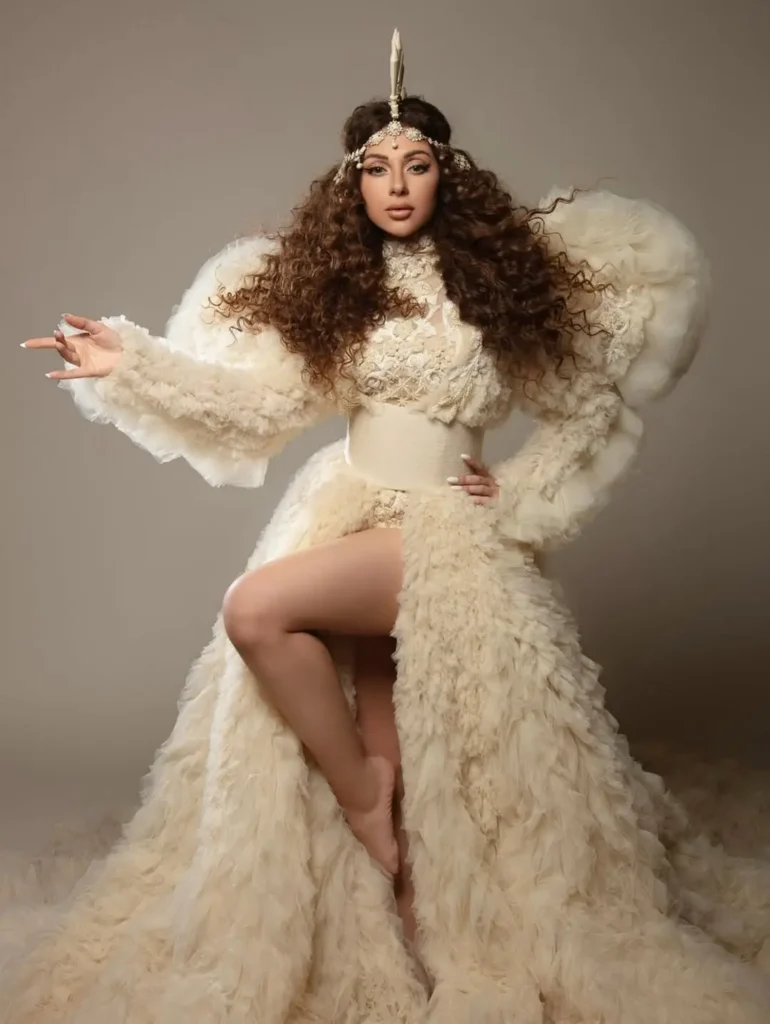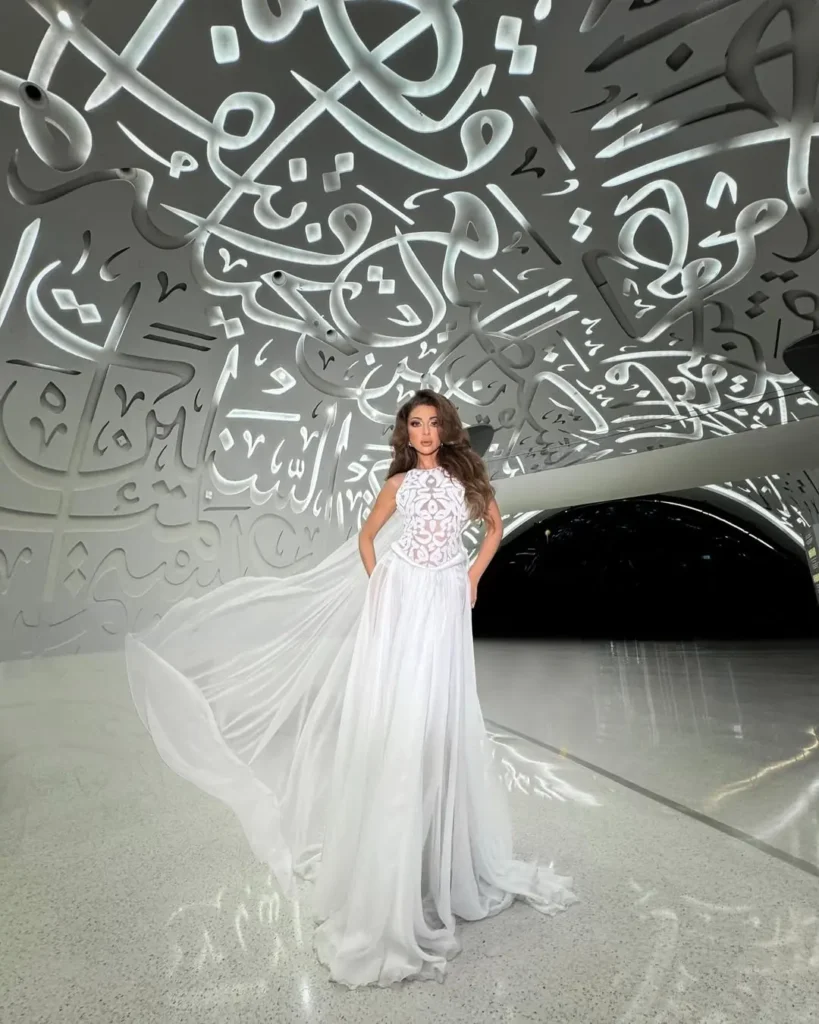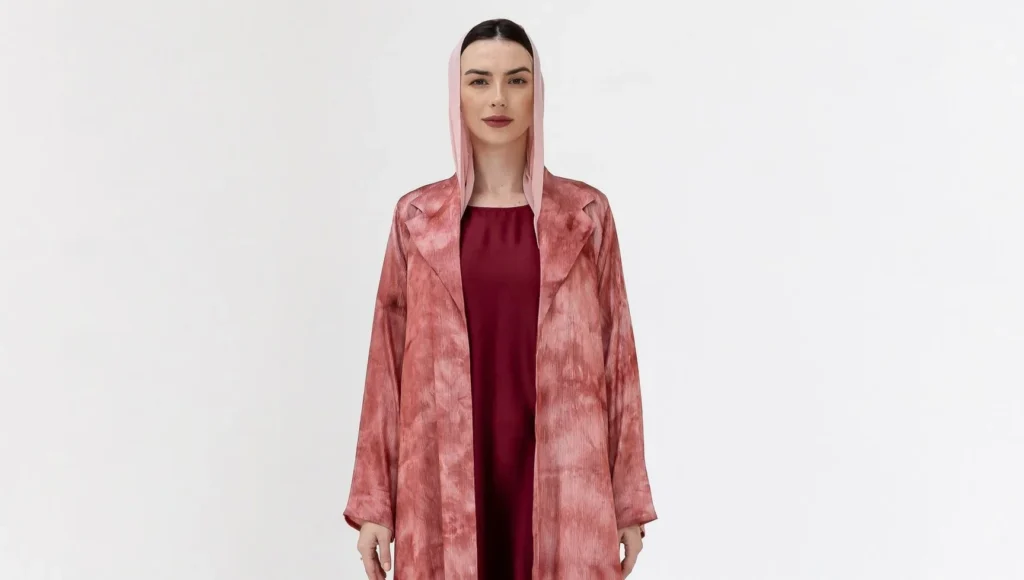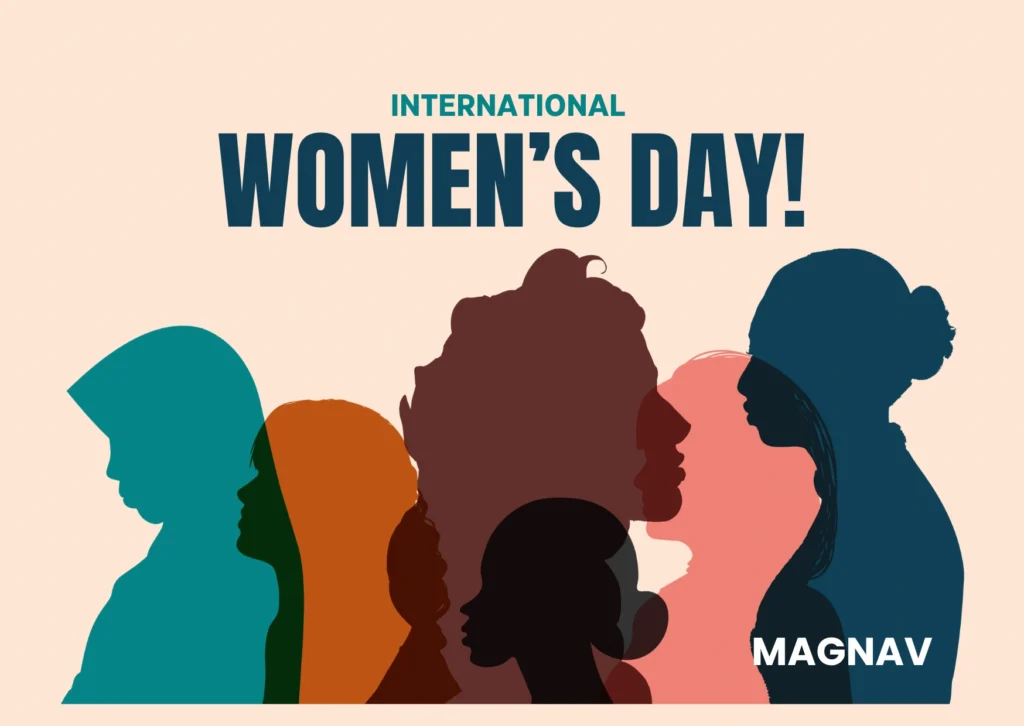Myriam Fares
Queen Of The Global Stage
By Jane Stevens
Myriam Fares, the Queen of the Stage, has never been one to simply follow the rhythm, she dictates it, a truth made abundantly clear by her phenomenal ascent into the stratosphere of global music and media. From pioneering digital documentaries to setting world records in viral dance, and, most recently, delivering a fresh, sun-soaked Khaleeji track, her journey is a compelling tapestry of ambition, authenticity, and boundary-shattering success. When we catch up with the Lebanese superstar, she speaks with the radiant ease of someone who has mastered the balance between her public persona and the personal life she fiercely protects.
Her presence today is a testament to the power of a uniquely Arab artistry, one that has confidently stepped onto the world’s most massive platforms, refusing to be diluted. Fares has built a career on fusing traditional Oriental dance and music with contemporary pop aesthetics, creating a dazzling spectacle that is instantly recognizable and endlessly imitated. The world has watched her evolve from a regional sensation to an international icon, and her latest achievements mark the beginning of an even grander global chapter.
The conversation naturally begins with her unprecedented move into long-form digital storytelling, Myriam Fares, The Journey, her 2021 Netflix documentary. It was a pioneering step, establishing her as the first Arab artist to headline a Netflix original documentary. “Sharing such an intimate part of my life, especially during lockdown, was a big decision,” she explains, her voice warm and reflective.
“Normally, I keep my private world very separate, but the pandemic changed things, and I realised it was a chance to show the real me, not just the Queen of the Stage.” The film, which documented her pregnancy, her life at home with her family, and the creation of new music amidst the global pause, resonated deeply, not just in the Middle East, but across the world, proving that true connection transcends language and culture.
It was an unfiltered look at the preparation, the practice, and the passion that goes into her art, offering an intimate glimpse “from pregnancy to album preparations,” a vulnerability that only solidified her bond with her millions of fans. The narrative of global breakthrough continued to explode with the 2022 FIFA World Cup, where Fares delivered a career-defining moment as one of the voices behind the official FIFA Fan Festival Anthem, TUKOH TAKA.
Teaming up with Nicki Minaj and Maluma, Fares made history, the song becoming the first-ever World Cup anthem to feature English, Spanish, and Arabic lyrics. “It was an incredible honour to represent Arab culture and music on that global stage, during the biggest sports event in the world,” she states, her pride evident. Her contribution, rich with regional rhythms and sung in various Arabic dialects, ensured the song was not just a collaboration, but a celebration of diversity.


The track became a cultural phenomenon, a high-octane banger that showcased her versatility and, crucially, her ability to make Khaleeji, Iraqi, and Oriental dance styles the focal point of a worldwide smash hit. Yet, perhaps the most staggering metric of her influence lies in the realm of social media virality, specifically with her 2018 smash hit, GOUMI.
Fares didn’t just release a song, she launched a global dance movement. The viral Goumi dance challenge became one of the most successful digital challenges of its time, crossing a monumental +10.3 Billion Views across social media platforms. “When I created the dance, I just wanted to encourage girls to stand up and move, to embrace the joy of the rhythm,” she recalls. “To see it transcend borders, with people from every continent participating, was truly humbling.
It showed the world that Arabic music and dance can compete with, and even lead, global trends.” The number is not just a statistic, it is a definitive marker of her power as a digital trendsetter, a figure capable of mobilizing a global audience through a single, infectious choreography. And now, the focus shifts to her latest release, LaHabibi, which is Out Now. The track marks a return to her vibrant Khaleeji roots, a dialect and rhythm she handles with masterful grace.
“The song is pure springtime, it captures that feeling of renewal and deep affection,” she says, clearly enthusiastic about the new direction. Fares not only co-wrote and co-composed the song, but also took on the role of arranger, personally selecting instruments inspired by “nature and the sounds that surround me every day.”
The accompanying music video is a raw, beautiful departure, Fares choosing to appear “without any filters or retouching,” a bold statement of confidence and authenticity in the digital age. LaHabibi is a melodic, heartwarming track that reminds fans of her exceptional vocal talent while solidifying her commitment to the rich musical traditions of the Gulf.
Myriam Fares is not merely a musician; she is a cultural force, a tireless innovator who has seamlessly bridged the gap between East and West. Her journey, from pioneering her own Netflix documentary to commanding billions of views and delivering a trilingual World Cup anthem, is a powerful testament to her enduring title, the Queen of the Stage, a reign that is only growing stronger with every new beat.






